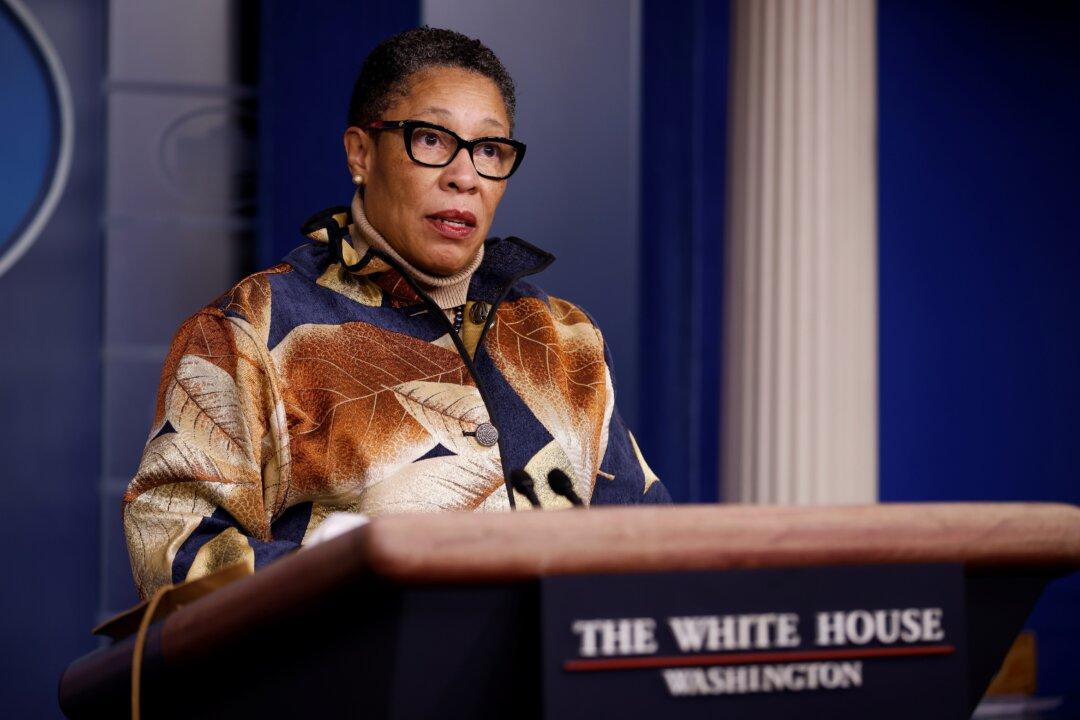Secretary of Housing and Urban Development Marcia Fudge testified before the House Appropriations Committee on April 18, defending President Joe Biden’s 2024 budget requests for the agency.
Biden’s budget proposal includes $73.3 billion for HUD, which is around $1.1 billion more than the funding level in 2023. The measure is also asking for $104 billion over 10 years for “new mandatory affordable housing investments,” Fudge said.





